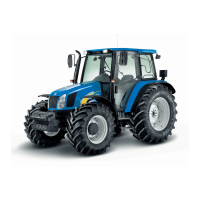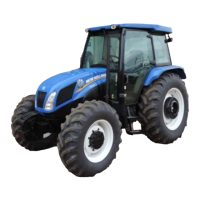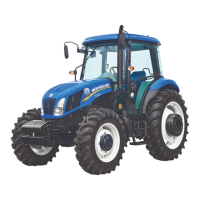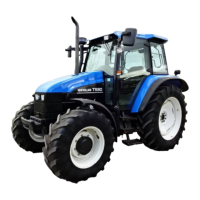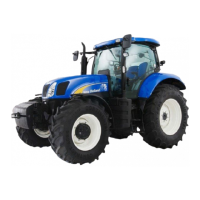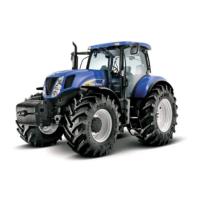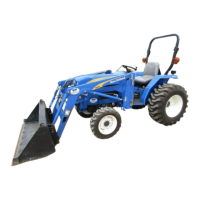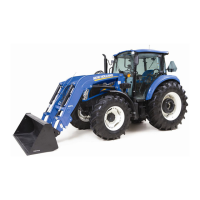vii
IMPORTANT ECOLOGICAL
CONSIDERATIONS
Soil, air and water are essential elements for agricul-
ture and for life in general. If local legislation does not
control the treatment of certain substances, the pro-
duction of which is necessitated by advanced tech-
nologies, products derived from chemical and petro-
chemical products must be used and disposed of ac-
cording to the rules of common sense.
The following recommendations may be of help:
J Find out what the relevant legislation in your
country stipulates.
J Ask your suppliers of lubricants, oils, fuels, anti--
freeze, detergents, etc. for information on the effects
of these products on humans and the environment
and for instructions concerning their use, storage
and disposal. In many cases, local agricultural con-
sultants will be able to provide assistance.
SUGGESTIONS
1. Avoid using unsuitable, pressurised filling sys-
tems or fuel cans when filling tanks, as these may
cause considerable spillage and leakage of liquids.
2. As a general rule, do not allow liquid fuels,
lubricants, acids, solvents, etc., to come into contact
with the skin. The majority of these products contain
substances that are potential health hazards.
3. Modern lubricants contain additives. Do not burn
contaminated fuel oils and/or oils used in conventio-
nal heating systems.
4. Avoid spillage when transferring used engine
cooling liquids, engine and transmission lubricants,
hydraulic oils, brake fluids, etc. Never mix used bra-
ke oil with fuel oil, or fuel oil with lubricants. Store sa-
fely until suitable disposal can be arranged according
to national legislation or local regulations.
5. Modern anti--freeze liquids and solutions.
anti--freeze and other additives, must be replaced
every two years. They must not be left to be
absorbed into the ground, but must be collected and
disposed of in a suitable manner.
6. Do not open the air conditioning systems to carry
out work. These systems contain gas that must not be
released into the atmosphere. Contact your dealer or
specialised personnel, who are equipped with the ap-
propriate equipment and are authorised to re--fill the sy-
stem.
7. Any leakage or defect in the engine cooling or
hydraulic systems must be repaired immediately.
8. Do not increase the pressure in pressurised sy-
stems, as this may cause component parts to burst.
9. When welding, make sure that hoses are proper-
ly protected as sparks or molten material may punc-
ture or weaken the tubes and sleeves, resulting in
leakage of oil, cooling liquid, etc.
Find manuals at http://best-manuals.com/search?&s=NH-6036457100
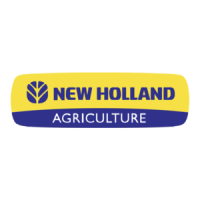
